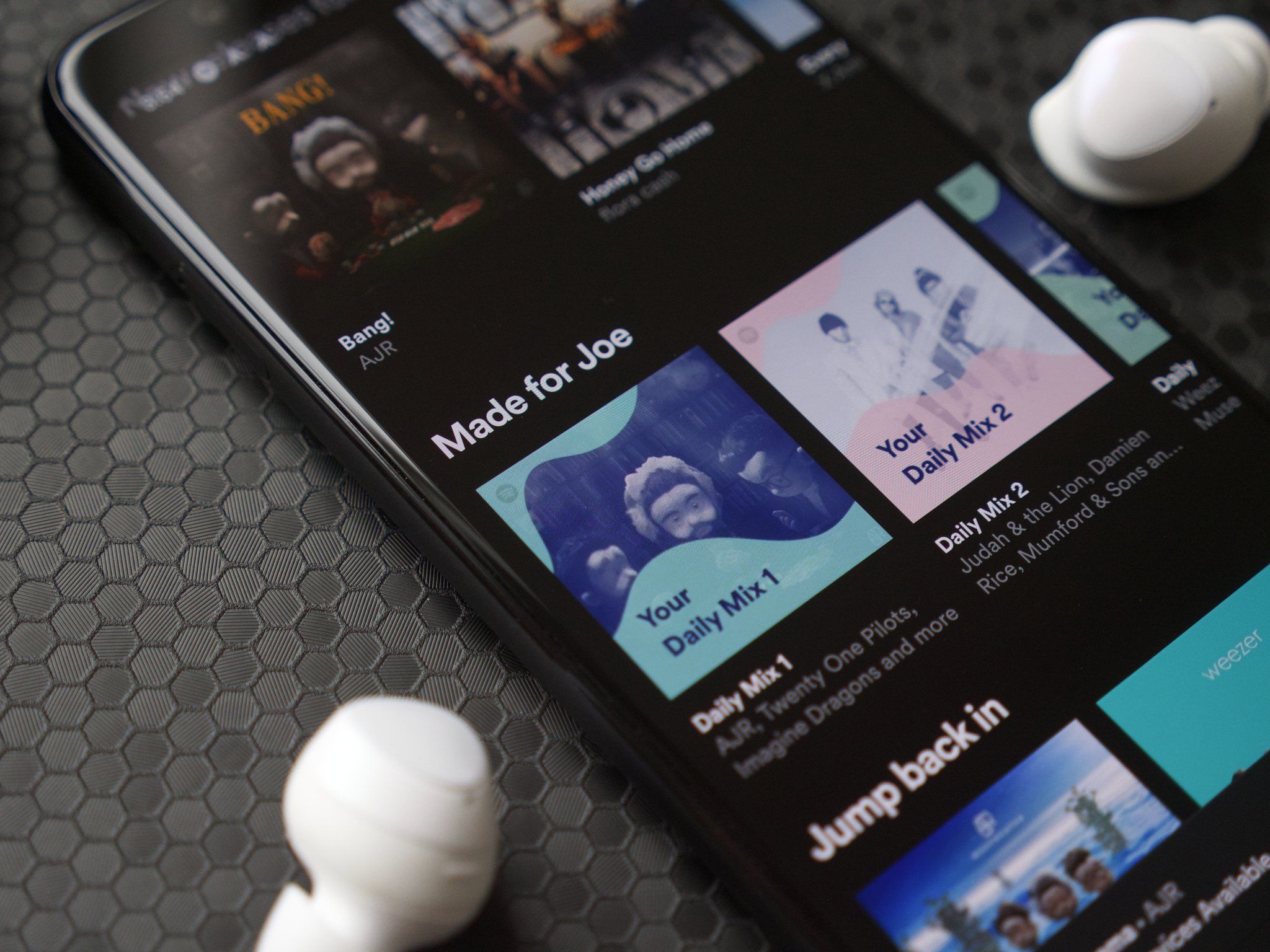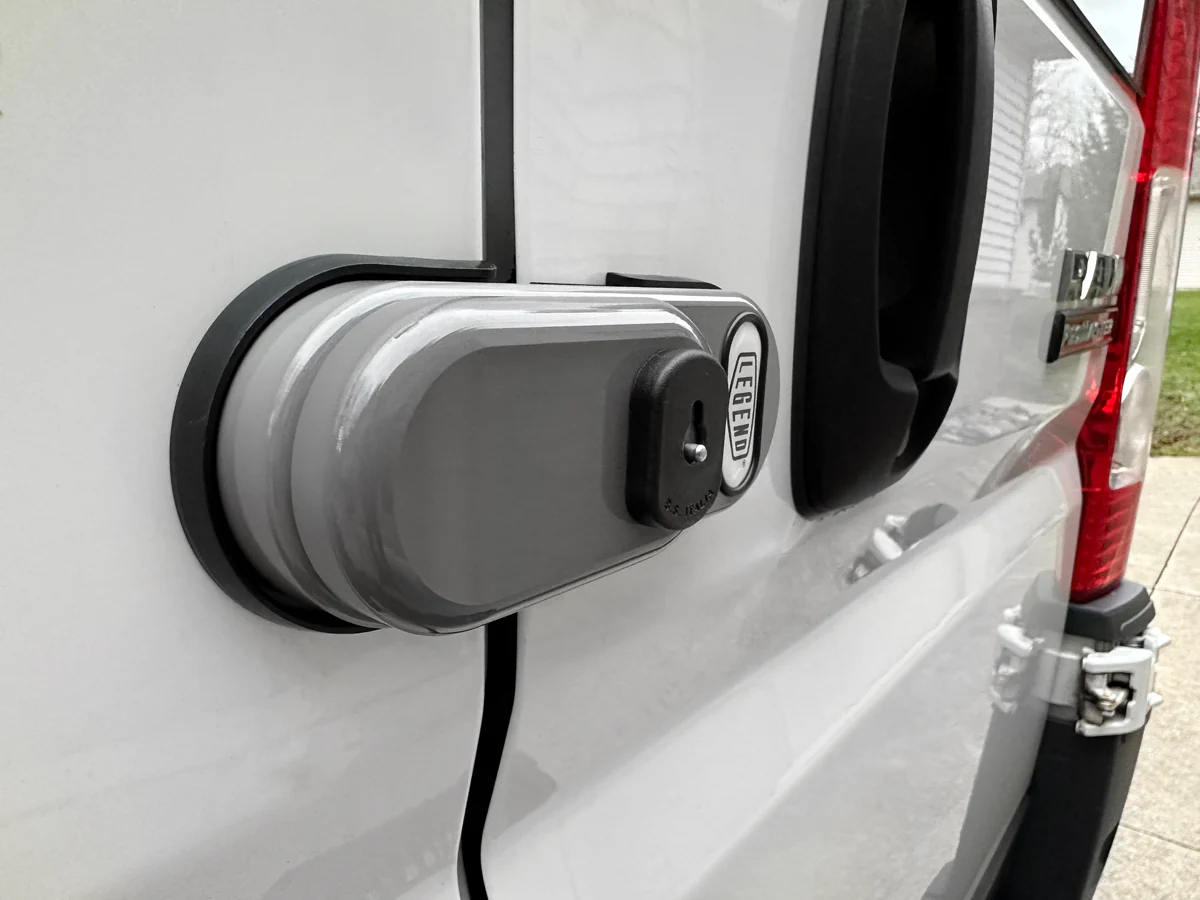Understanding Short URL and Its Importance
In today’s digital age, the vast amount of content available online can lead to long, cumbersome URLs that are difficult to share and remember. This is where Short URL solutions come into play, offering a practical way to condense lengthy links into manageable sizes. A short URL not only enhances user experience by making links more shareable but can also improve tracking and engagement across various platforms. In this comprehensive guide, we will explore what short URLs are, their benefits, common misconceptions, and much more. Let’s dive deeper into the world of short URLs.
What is a Short URL?
A short URL is a condensed version of a longer web link, designed to redirect users to the original URL. The process of shortening involves creating a new hyperlink that leads to the same destination while using significantly fewer characters. For example, the original URL for a news article may look like this: https://www.example.com/news-article/2023/03/this-is-a-very-long-url-that-is-difficult-to-share. Upon using a URL shortener, it could become https://short.ly/abc123. The link is not only shorter but also easier to remember and to share across social media, email, or other communication channels.
Benefits of Using Short URL
The adoption of short URLs offers several advantages:
- Improved Shareability: Short URLs are easier to share, especially in character-limited platforms like Twitter or SMS.
- Enhanced User Engagement: A concise URL can encourage more clicks as users perceive it as more user-friendly.
- Branding Opportunities: Custom short URLs allow businesses to reinforce their branding in the links they share.
- Analytics Tracking: Most short URL services offer analytics, enabling users to track clicks, geographic locations, and referral sources for their links.
- Aesthetic Appeal: Shorter links are visually appealing and tidy, enhancing the overall presentation of shared content.
Common Misconceptions About Short URL
While short URLs are widely used, several misconceptions perpetuate their misunderstanding:
- Short URLs are Less Secure: Many believe that short URLs are susceptible to phishing and scams. However, reputable URL shorteners implement security measures that protect users and track potential threats.
- They Are Just For Social Media: Although they shine in social media sharing, short URLs are beneficial in many scenarios, including emails, digital ads, and presentations.
- Short URLs Don’t Provide Analytics: Some short URL services come with in-depth analytics tools that help users monitor link performance.
How to Create a Short URL
Step-by-Step Guide to Shortening URLs
The process of creating a short URL is relatively straightforward. Here’s a simple guide to get started:
- Select a URL Shortener: Choose a reliable URL shortener that meets your needs. There are many free and paid options available.
- Input Your URL: Copy the long URL you want to shorten and paste it into the URL shortener’s input box.
- Customize (Optional): If the platform offers customization features, tailor the URL to your preference for branding purposes.
- Generate the Link: Click the ‘Shorten’ button. The tool will create a shortened version of the original link.
- Copy and Share: Copy the new short URL and share it across your chosen platforms.
Choosing the Right Tool for Short URL
When selecting a tool for shortening URLs, consider the following factors:
- User-Friendly Interface: Opt for a platform that is easy to navigate with clear options.
- Customization Features: Many services allow you to create custom short URLs, which helps with branding.
- Analytics Capabilities: Look for tools that provide detailed insights into your links’ performance.
- Security Measures: Ensure that the shortener has robust security protocols to protect against malicious usage.
- Support and Reliability: Choose a platform with a strong reputation for reliability and solid customer support.
Customization Options for Your Short URL
Customization can improve branding and user trust. Here are some options to consider:
- Custom Aliases: Instead of relying on randomly generated characters, many services allow you to specify memorable keywords that reflect the content of the link.
- Branded Domains: If you regularly share links from your domain, consider using a branded URL shortener that reflects your business name.
- QR Codes: Some URL shorteners can automatically generate a QR code that links to your short URL, facilitating offline sharing.
Best Practices for Using Short URL
Tracking and Analyzing Your Links
To maximize the benefits of URL shortening, leverage analytical features available with most services. Tracking metrics such as click rates, geolocation, and referrer data can provide valuable insights into user behavior and campaign effectiveness. Utilize this data to refine your strategies and enhance future communications.
Ensuring Security with Short URLs
Security is paramount when dealing with URLs, as shortening can facilitate fraudulent activities if not managed carefully. Here are steps to ensure security:
- Use Reputable Services: Stick to well-known URL shortening services with proven security measures.
- Check Link Before Sharing: Use unshortening services to preview where the shortened link leads before sharing.
- Educate Your Audience: Inform your audience about the importance of verifying links, especially in emails or social media.
Integrating Short URL in Marketing Strategies
Short URLs can be a powerful tool in marketing. Employ them in various strategies:
- Social Media Campaigns: Short URLs can be effectively integrated into posts, helping to maximize character space and improve engagement.
- Email Marketing: Using short URLs can enhance email aesthetics and reduce link breakage issues.
- Landing Pages: Drive traffic to landing pages using easily sharable short URLs in advertisements, banners, or digital content.
Common Pitfalls When Using Short URL
Over-Shortening Links
While short URLs are useful, being excessively reliant on them can backfire. Users may come to perceive numerous short links as spam, making them less likely to click. Maintain a balance between informative content and simplicity to enhance credibility.
Neglecting Brand Consistency
Custom short URLs can improve brand recognition; however, it’s essential to be consistent in branding. Ensure that all shortened links reflect your branding elements, like colors, domain names, and tone, to foster trust and professional presentation.
Ignoring Mobile Optimization
As mobile device usage continues to rise, it is critical that short URLs are optimized for mobile browsers. Test shortened links across various device types to ensure seamless redirection and a positive user experience.
Future Trends in Short URL Creation
Emerging Technologies Impacting Short URL
The landscape of URL shortening is continually evolving due to technological advancements. Innovations such as artificial intelligence and machine learning may soon enable more robust tracking metrics and personalized user experiences, streamlining how businesses engage with their audience through short URLs.
The Role of QR Codes and Short URLs
With the increasing popularity of QR codes, integrating short URLs with QR technology can create a seamless link between online and offline experiences. QR codes can direct users to websites, offer promotional content, and enhance customer interaction, making it essential for marketers to utilize both tools effectively.
Anticipating Changes in User Behavior
As users become more savvy and security-conscious, the demand for transparency and reliability will only increase. Future URL shortening services will likely focus on incorporating additional user security features and clearer visibility regarding the final destinations of short URLs. Understanding these changes will help businesses remain relevant and trusted in their communications.







